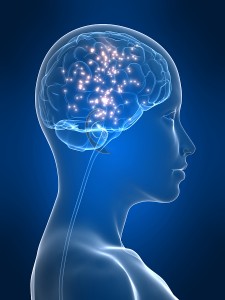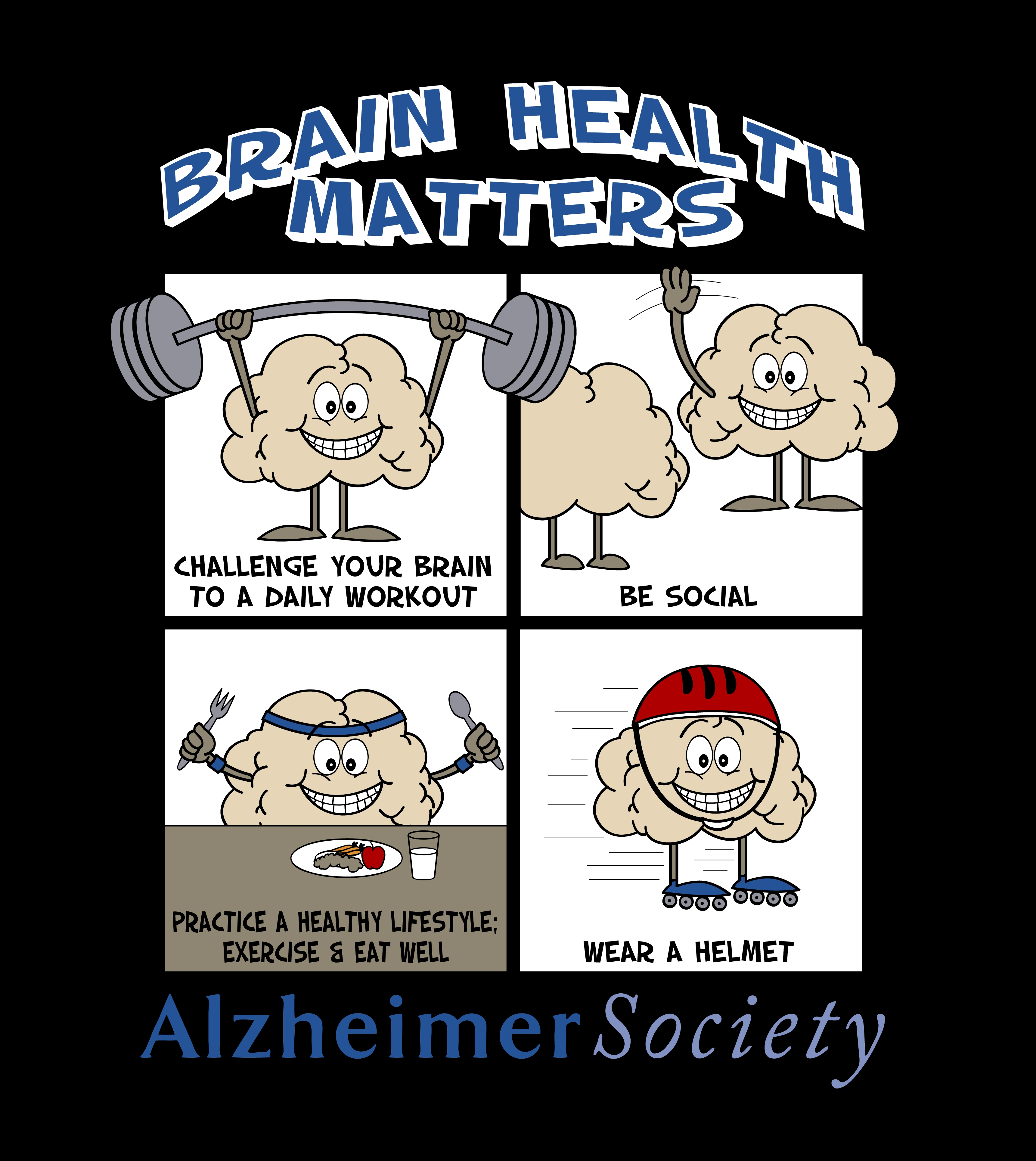Why an active mind makes a healthy brain
Encouraging people to keep their minds active is important to help lower one’s risk of developing dementia. It has been suspected to be a key way to stave off the disease’s effects, something which benefits not only the individual with dementia, but society by lessening the social and economic burden of the disease.








